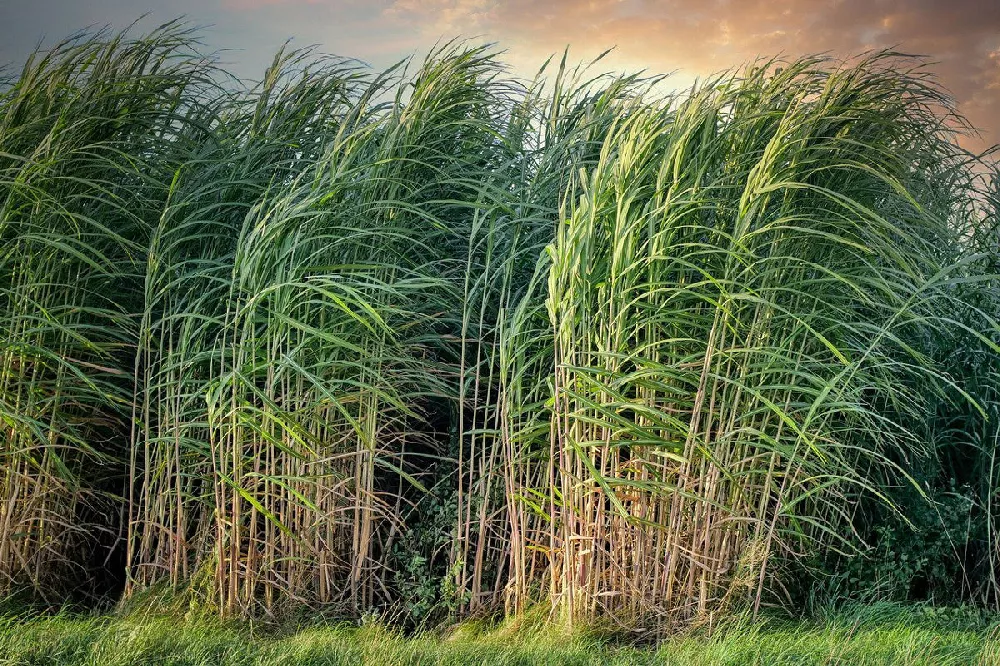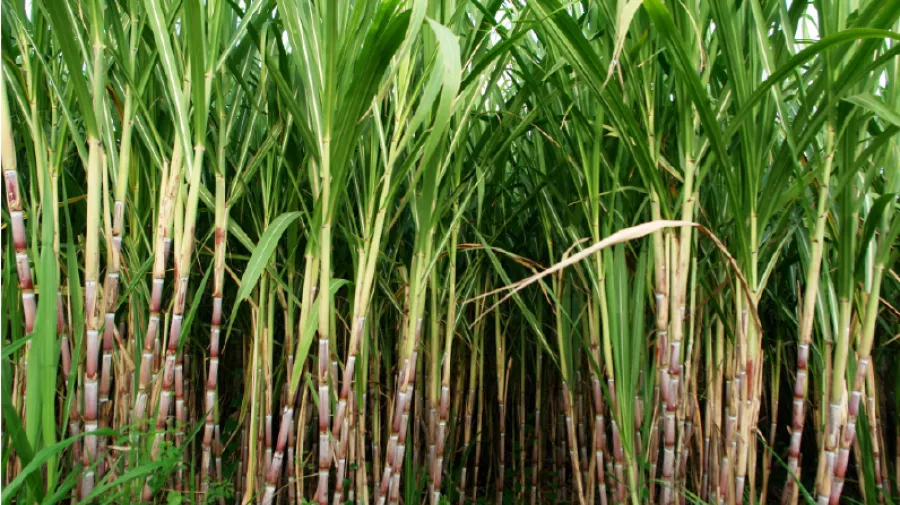Learn How Sugar and Cane Contribute to the Sweetness in Your Favorite Foods
Learn How Sugar and Cane Contribute to the Sweetness in Your Favorite Foods
Blog Article
Why Walking Stick Sugar Processing Chemicals Are Essential for Modern Sugar Refining
The function of walking cane sugar processing chemicals in modern-day sugar refining can not be overstated, as they are integral to boosting both the efficiency of removal and the total high quality of the final product. Agents such as phosphoric acid and details flocculants are employed to get rid of contaminations, resulting in sugar that not just meets customer assumptions however also sticks to market criteria.
Role of Handling Chemicals
The effectiveness of cane sugar handling pivots dramatically on the critical application of handling chemicals. These chemicals play an essential duty in improving the effectiveness and high quality of sugar removal and refining. From the preliminary phases of juice removal to the final purification steps, handling chemicals help with numerous critical operations.
In the removal phase, chemicals such as phosphoric acid and calcium hydroxide are used to maximize the information process, assisting to remove contaminations and suspended solids from the cane juice. This not just enhances the return yet also ensures the quality of the end product. Furthermore, agents like flocculants aid in the rapid settling of pollutants, thereby streamlining the general procedure.
As the processing developments, chemicals are made use of in decolorization and condensation stages. Activated carbon and ion exchange materials offer to get rid of color and smell, making certain that the refined sugar meets consumer high quality requirements. Eventually, the role of processing chemicals extends past functional effectiveness; they dramatically influence the sensory qualities of the end product, adding to market competitiveness. Thus, the thorough selection and application of these chemicals are important for achieving optimal end results in walking stick sugar processing.
Secret Kinds Of Chemicals
Walking cane sugar handling depends on a selection of key chemicals that facilitate each phase of manufacturing. These chemicals play necessary roles in clearing up, bleaching, and purifying the sugar drawn out from walking cane.
One main category of chemicals consists of flocculants, such as polyacrylamide, which help in the information procedure by advertising the gathering and settling of contaminations. In addition, calcium hydroxide is usually employed to counteract acidity and assist in the removal of non-sugar parts.
Lightening agents, such as activated carbon and sulfur dioxide, are utilized to decolorize the syrup, resulting in a clearer last item. These chemicals aid eliminate color substances that might affect the sugar's appearance and marketability.
Moreover, phosphoric acid works as a pH regulatory authority throughout the handling stages, making certain optimal problems for the enzymatic activities associated with sugar removal and filtration.
Various other essential agents include edta (ethylenediaminetetraacetic acid), which chelates steel ions that could catalyze unfavorable reactions, and sodium hydroxide, which assists in pH control throughout the refining procedure. Jointly, these chemicals boost performance and make certain a premium walking stick sugar item.
Advantages for Sugar High Quality
Commonly forgotten, the usage of certain processing chemicals substantially boosts the overall top quality of walking cane sugar. These chemicals play a pivotal role in refining processes, guaranteeing that the end product satisfies stringent sector standards for pureness and preference.

Furthermore, processing chemicals help in attaining a consistent granulation and structure, which are vital for consumer acceptance. By regulating the crystallization process, these chemicals make certain that the sugar crystals create uniformly, leading to a more enticing product that liquifies well in various applications.
Additionally, making use of these chemicals can boost the service life of cane sugar by reducing dampness absorption and microbial development. On the whole, the strategic application of handling chemicals is necessary for providing top quality walking cane sugar that fulfills customer expectations and industry demands.
Environmental Impact Considerations

Furthermore, the energy-intensive nature of sugar refining, worsened by chemical usage, usually causes raised carbon exhausts. This adds to environment modification and increases concerns concerning the sustainability of existing refining methods. Furthermore, the sourcing of these chemicals may include practices that endanger biodiversity, such as monoculture farming, which lowers the durability of agricultural environments.

To minimize these effects, sugar refiners are progressively discovering lasting choices and embracing finest techniques that decrease chemical use. Applying extensive ecological administration systems can aid guarantee that the refining process aligns with ecological standards and advertises biodiversity. Ultimately, a well balanced approach that focuses on both sugar high quality and environmental stewardship is necessary for the lasting viability of the sugar industry.
Future Fads in Refining
As the sugar industry faces the ecological difficulties related to standard refining techniques, ingenious strategies are arising to enhance both effectiveness and sustainability. One significant pattern is the adoption of eco-friendly chemistry principles, which focus on using non-toxic, biodegradable processing chemicals. This change not only lessens ecological effect yet likewise addresses consumer demand for cleaner production approaches.
One more encouraging advancement is the application of sophisticated filtration innovations, read this such as membrane layer splitting up and adsorption processes. These strategies enhance the clearness and quality of the sugar while lowering the volume of wastewater generated throughout refining. Additionally, the assimilation of electronic innovations, including IoT and AI, is changing functional effectiveness by making it possible for real-time surveillance and anticipating maintenance, hence decreasing resource waste.
Furthermore, using byproducts from sugar refining, such as bagasse and molasses, is getting traction. These materials can be converted right into biofuels or value-added items, adding to a circular economic climate within the sector. Collectively, these patterns signify a change towards even more sustainable practices that not just boost operational effectiveness have a peek at this site however also straighten with worldwide sustainability goals, making sure the future stability of sugar refining.
Final Thought
Walking cane sugar handling chemicals are important in contemporary sugar refining, significantly boosting the performance and quality of sugar removal. The critical use these chemicals not only improves the pureness and flavor of the last item yet additionally guarantees consistent formation and appearance. As the industry progressively focuses on sustainability, the adoption of environmentally-friendly processing agents is most likely to shape future patterns in refining, ultimately bring about greater top quality items and extended life span for consumers.

Inevitably, a balanced technique that prioritizes both sugar high quality and ecological stewardship is important for the long-term stability of the sugar sector.
Cane sugar handling chemicals are important in contemporary sugar refining, dramatically boosting the effectiveness and high quality of sugar removal.
Report this page